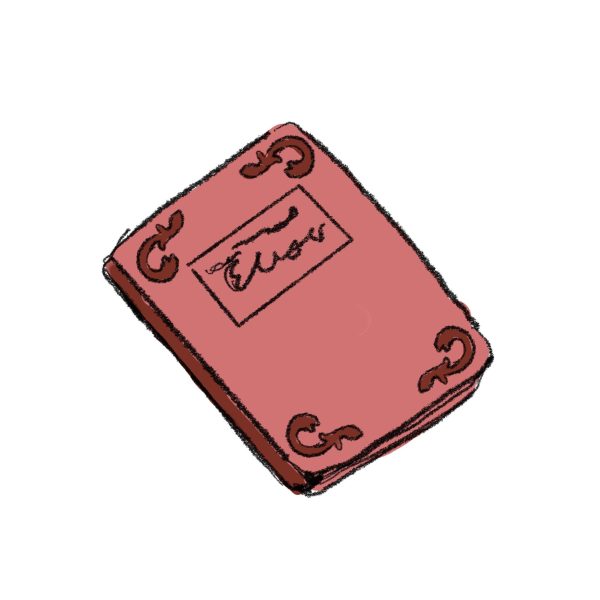Finding a solution for expensive textbooks
SGA collects student data to assess expenses per department
Every student knows the feeling of reluctantly paying hundreds of dollars every semester for textbooks, despite already having received the bill for their semester tuition. No one enjoys the recurring hunt for an upperclassmen’s copy or desperate searches on Amazon for a better price, yet everyone seems to accept this as an inevitability. No one bats an eye anymore at being asked to pay hundreds for materials necessary for their classes. Megan Mustain, vice president for academic affairs, and Trinity’s Student Government Association (SGA), however, has not been numbed to the often extreme and unexpected costs of textbooks.
The Education Data Initiative (EDI) has found that in 2021 a student at a private university paid on average between $450-$625 per semester for textbooks. The data from surveys the EDI conducted had even more disheartening figures, with 25% of students indicating that they worked extra hours to afford textbooks, 11% indicating that they skipped meals to afford textbooks and 19% indicating that the classes they chose were directly impacted by textbook prices. Trinity is no exception to these steep textbook prices. Working in tandem with the (SGA), Mustain has championed an effort to mitigate textbook prices.
“Mustain was pretty big in helping us start this project and bring up the issue,” Rebecca Wicker, the Communication Chair for SGA, said. “It’s not that it wasn’t already brought to our attention, but she was kind of the one that made us think like, hey, maybe there’s something we can do about this.”
Instead of the previous solution of trying to find ways to directly lower textbook prices, like scholarships, Wicker explained that the intention of the project is to instead work with professors and faculty to find more inexpensive alternatives. The SGA has been conducting surveys to try to establish which students are paying the most for textbooks so they can begin by focusing on helping them. Their priority is to begin addressing the departments with the highest textbook prices.
In their next steps, the SGA plans on continuing to gather more data and begin to interview faculty. They hope to be able to present the data gathered from students to faculty to be able to begin figuring out why textbook prices are so high and if there are viable alternatives.
Mustain, who Wicker credited with offering a solution the SGA could feasibly pursue, extrapolated on the methods they could use to provide more affordable resources to students. Mustain suggests that helping faculty thoughtfully and thoroughly explore and even create different, more accessible resources is the key to finding educational material that is not only of the high-quality faculty is looking for, but also more available to students. Mustain explains that the SGA has already begun expanding available resources by working with the library to find and make open educational resources more available to students.
To address and explain the high textbook prices, Mustain said faculty at all universities care about students having accurate and well-edited information. It just so happens that good-quality materials often cost more.
“So I don’t think it’s faculty being evil by any means,” Mustain said. “I think they’re trying to serve their students well, and they think ‘well this is the best book, I want my students to have the best.’ And then the folks who sell that book are like…let’s add a zero to the price of it.”
As Mustain said, “A $100 textbook for one student might sting, and it might be devastating to another.” Textbook prices are an ever-present issue for most college students, and the SGA, with the help of faculty like Mustain, is beginning to address the issue.
If you would like to assist the SGA in their efforts, the SGA is still asking students to fill out the Google form you can find at the link below which asks about textbook prices. Alternatively, the link is also provided on the SGA Instagram page @sga.trinity in their bio.

My name is Audrey Deering and I’m the Pulse Editor for the Trinitonian! I’m a first-year computer science and sociology double major with a minor in...











